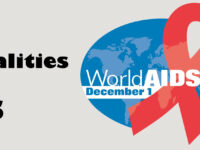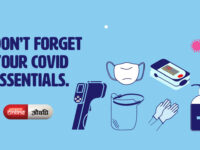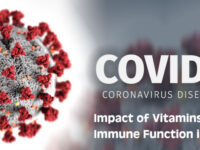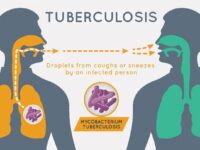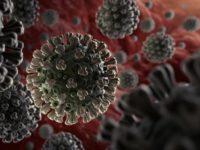In honor of National Kidney Month in March and World Kidney Day on March 13th, the National Kidney Foundation encourages everyone to learn about these bean-shaped organs and how to keep yours healthy.
For starters, most people are born with two kidneys, but you only need one. Each day, the kidneys filter 200 liters of blood, removing 2 liters of toxins, wastes and water in the process. Wastes and water ultimately leave the body as urine, and through this process, your kidneys are able to regulate the body’s fluid levels. The kidneys also release hormones that regulate blood pressure, produce red blood cells and help maintain healthy bones.
Often the kidneys are damaged slowly over time, which is one of the reasons why you might not “feel sick” until the kidneys are failing, making awareness, prevention and early detection of kidney disease critical. Protect your kidneys with the National Kidney Foundation’s six tips for reducing your risk of kidney disease.
1. Get tested. If you’re at risk for kidney disease, it’s important to get your kidneys checked during your annual physical. Even the best of us can procrastinate when it comes to our yearly trip to the doctor, but prevention and testing go hand-in-hand. The National Kidney Foundation’s mascot, Sidney the Kidney, even has a music video to help inspire you to get tested. There are two simple tests to check for kidney disease:
• A urine test for albumin, a type of protein. Protein in the urine is one of the earliest signs of kidney damage. When there is too much protein in the urine, it means that the kidneys’ filters have been damaged and are starting to leak protein.
• A blood test for creatinine. Creatinine is a waste product (from muscle metabolism) that is removed by the kidney. Creatinine levels are used to calculate your estimated glomerular filtration rate (eGFR). The eGFR reflects how well the kidneys are filtering wastes from the blood.
2. Control blood pressure and blood sugar levels. High blood pressure and diabetes are the two leading causes of kidney disease. The kidney is a “vascular organ, meaning it contains many blood vessels. Therefore, diseases that damage the blood vessels, including high blood pressure and diabetes, can damage the kidneys. Even “slightly” high blood pressure (pre-hypertension) and elevated blood sugar levels, commonly referred to as “pre-diabetes,” can damage the kidneys. Don’t let the “PRE” prevent you from taking them seriously. Manage these conditions to protect your kidneys.
3. Step on the scale. Maintaining a healthy weight has important implications for your kidneys. Being overweight means that the kidneys have to work harder to filter out toxins and to meet the metabolic demands of the increased body mass. Obesity also increases your chance of developing diabetes and high blood pressure, two major risk factors for kidney disease. Weight loss can help reduce your risk.
4. Commit to quit. Smoking can worsen kidney disease and diseases that damage the kidneys, such as diabetes and high blood pressure. Quitting can be difficult, but it is one of the most important lifestyle changes that you can make to protect your kidneys and impact your overall health.
5. Get moving and watch what you eat. Because damage to the kidneys usually happens slowly over time, daily decisions make a difference in preventing kidney disease. Making good choices each day such as incorporating physical activity and eating healthy foods will reduce your risk of developing kidney disease. The Dietary Approaches to Stop Hypertension (DASH) diet is balanced and kidney-friendly. Reduce your salt intake and watch for high sodium levels in processed foods, as these can lead to high blood pressure and harm the kidneys.
6. Exercise caution when taking pain medications. Many prescriptions and over-the-counter medications, including pain medications, are filtered by the kidneys. This means that your kidneys break down and remove these medications from the body. Always read labels and weigh the risks and benefits of taking a particular medication. Avoid excessive use of medications that can harm the kidneys, such as ibuprofen and naproxen.


